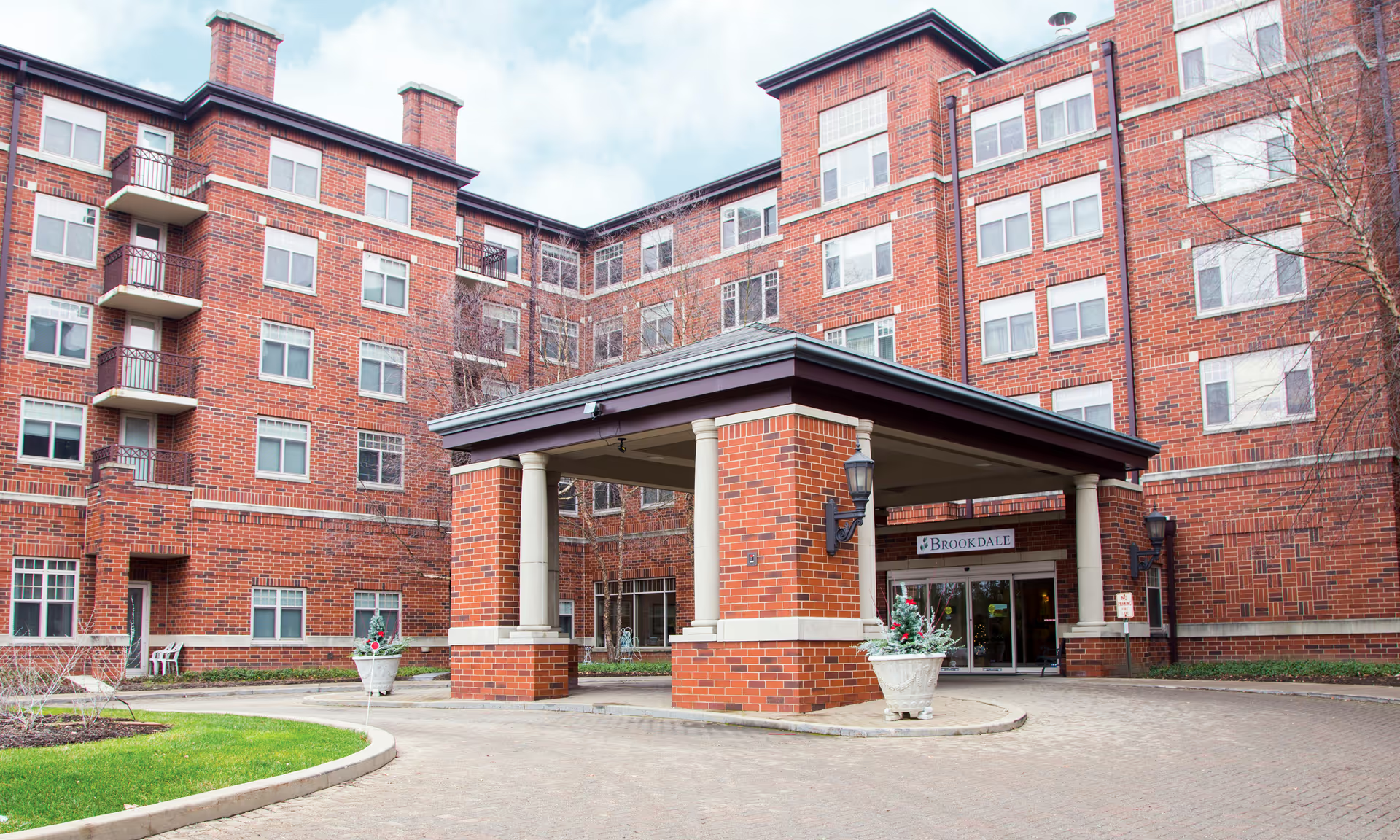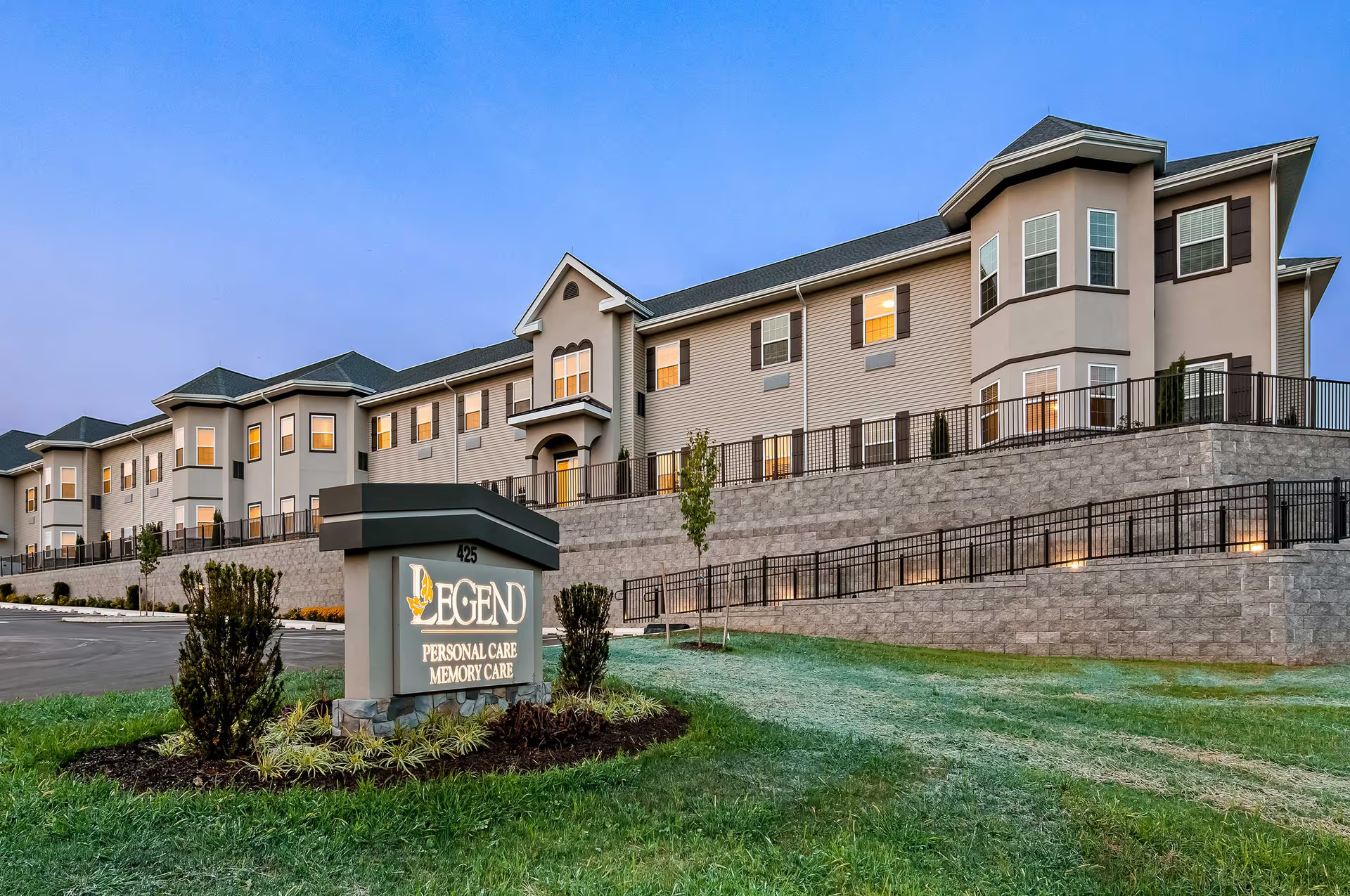Overall sentiment across the reviews is mixed but leans positive with strong praise for frontline staff and the facility environment. Multiple reviewers emphasize compassionate, respectful, and family-like care; they describe strong teamwork, lasting personal connections with staff, and instances where care helped residents return home. The facility is repeatedly described as clean, beautiful, and well-kept, and many reviewers explicitly recommend Altercare Cambridge. Volunteer involvement and a supportive work environment are also noted as strengths that contribute to residents’ positive experiences.
Care quality and staff performance are among the most frequently mentioned positive themes. Reviewers consistently highlight kindness, compassion, and professionalism from nursing aides and other direct-care staff. Several write that the staff created a respectful atmosphere and demonstrated genuine concern for residents, producing 5-star overall impressions for those families. These positive accounts suggest that for many residents, particularly those who are ambulatory or moderate-acuity, the day-to-day clinical care and personal attention are strong points.
However, there are significant and recurring concerns related to clinical safety and responsiveness for higher-acuity residents. Multiple summaries report bed safety issues and falls, and reviewers specifically flagged that the beds or equipment may be inadequate for residents requiring more serious skilled nursing support. Short staffing and overworked aides are mentioned as contributing factors, implying that while ambulatory residents may fare well, those needing frequent or intensive assistance could experience lapses. Additionally, some reviewers allege neglect or being ignored and perceive an emphasis by some administrators on occupancy metrics rather than individualized patient well-being.
Management and operational themes are mixed and worth noting. Several reviewers praise management and describe a supportive leadership culture that contributes to a positive workplace and resident experience. Conversely, other reviews call out an unresponsive administrator, immature or unprofessional kitchen management, and poor treatment of kitchen staff. These contrasting statements point to inconsistent leadership experiences: some families see engaged and effective managers, while others experience a lack of responsiveness or professionalism in key administrative roles.
Dining and amenities receive predominantly positive remarks, but with caveats. A few reviewers mentioned an initial problem with food that was later resolved, and at least one noted that dinner was good. The facility’s cleanliness, pleasant appearance, and volunteer support are repeatedly praised, reinforcing the impression of a comfortable living environment. Nonetheless, complaints about the kitchen manager’s professionalism and the treatment of kitchen staff suggest that dining operations may be an area of administrative friction even if residents’ meals are ultimately satisfactory.
Taken together, the pattern is one of a facility with strong interpersonal strengths and an attractive, clean environment but with uneven performance in management responsiveness and clinical safety for higher-acuity needs. For prospective residents or families: visit the facility, observe staffing levels at different shifts, ask specifically about fall history and bed/equipment types for higher-acuity care, request information on staff-to-resident ratios, and speak with current family members about management responsiveness. Also clarify pricing and what services are included, given the reported expense concerns. These steps will help determine whether Altercare Cambridge’s strong staff and environment align with an individual resident’s clinical needs and expectations.







